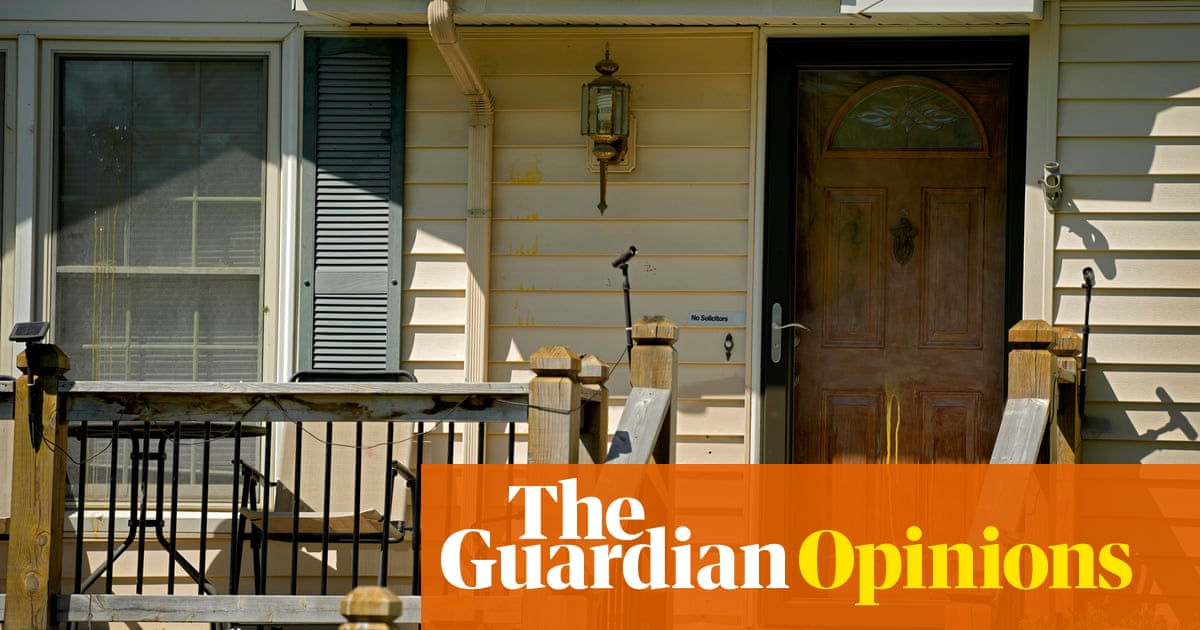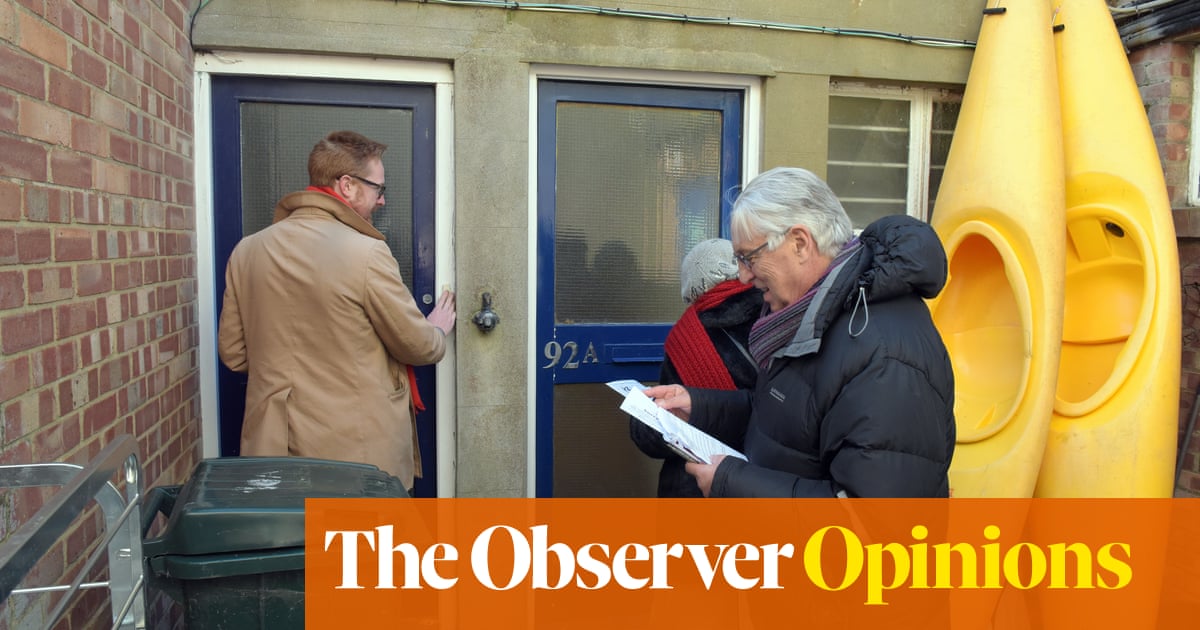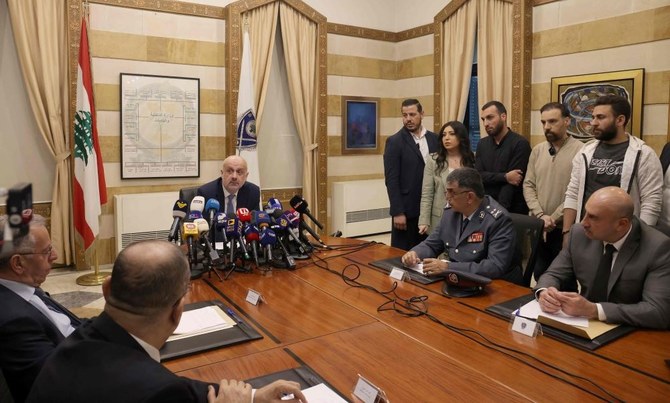
In a recent deal, Italian infrastructure giant Salini Impregilo clinched a $1.3 billion contract with the Saudi Arabia National Guard.
Key aim of the Saudi diversification policy was to attract foreign direct investment “both to bolster investment in the non-oil sector and to import knowhow.”
London: Saudi Arabia is attracting a fresh wave of office openings from firms seeking to tap into a surge in foreign direct investment.
Analysis by Arab News reveals that Saudi Arabia is already reaping dividends from Vision 2030 reforms that have opened the country to foreign enterprises and investors — boosting employment for Saudi nationals and reducing dependence on crude.
In a recent deal, Italian infrastructure giant Salini Impregilo clinched a $1.3 billion contract with the Saudi Arabia National Guard to deliver much-needed housing and urban planning services east of Riyadh.
Veteran Middle East watcher David Butter, an associate fellow at London think tank Chatham House, said: “It is probably one of the largest foreign investment deals of the year. The message has gone out that foreign contractors can go in. Yes, that’s
encouraging.”
On March 23, the Saudi Arabian General Investment Authority (SAGIA) awarded a consortium of US and Saudi businessmen a license to build a multibillion-dollar property development over 9.75 million square meters in the capital.
Farouk Soussa, head of Middle East economics at Citigroup in London, said that a key aim of the Saudi diversification policy was to attract foreign direct investment “both to bolster investment in the non-oil sector and to import knowhow.”
Policymakers in the Kingdom had been making great strides in improving the investment environment in recent months, particularly with respect to “improved coordination between relevant authorities and streamlined processes for setting up a business,” he said.
“Foreign ownership controls are also being eased. There are still some areas of policy conflict, most notably with respect to the Nitaqat (the policy that requires Saudi companies and enterprises to maintain certain levels of Saudi nationals in their workforces). This acts as a near-term obstacle to many investors considering the Saudi market. In the longer term, challenges remain with respect to the legal, social and political environment, although these are being gradually addressed by the leadership.”
In leisure and entertainment, foreign players are entering a business segment that is expected to provide tens of thousands of jobs for Saudi nationals, following last year’s lifting of the country’s 35-year cinema ban.
This week, AMC Entertainment, based in Leawood, Kansas, in the US, signed an agreement with the Saudi Minister of Culture and Information to open around 40 cinemas in 15 cities in the Kingdom over the next five years. The first is due to open in Riyadh on April 18. This builds on an agreement signed in November between AMC and the Public Investment Fund (PIF) of Saudi Arabia to “explore opportunities.”
US outfit Six Flags, the world’s largest amusement park company, with 20 sites in the US, Canada and Mexico, signed an agreement with PIF this week to develop and design an amusement park in Qiddiya. This will be the country’s first entertainment, sports and cultural venue, and is set to open in 2022. The park will be Six Flags’ first development outside the American continent.
In February, British cinema group Vue unveiled a joint venture with Abdulmohsin Al-Hokair Holding Group to open 30 multiplex cinemas over the next few years.
IPIC Entertainment of Boca
Raton, Florida, has struck a partnership with the BAS Global Investments Company, a Saudi company, to develop cinemas and restaurants.
The new KSA General Entertainment Authority is the official body that is galvanizing the Saudi entertainment sector. The government expects 300 cinemas, which will provide 2,000 screens, to open by 2030.
Professional services groups are also moving in. One recent example is international law firm Pinsent
Masons, which signed a memorandum of understanding (MoU) with Saudi law firm Alsabhan & Alajaji to help develop the Saudi firm’s legal knowhow in public-private partnerships.
Last month, Saudi Aramco signed a preliminary deal to pursue international gas opportunities with Royal Dutch Shell. This built on am MoU signed by the companies during Crown Prince Mohammed bin Salman’s visit to the UK in early March. Shell said that the deal would involve gas projects across the world, as well as Saudi Arabia. Concrete projects would be announced shortly, the company said.
The pace of foreign investment has increased in the past 12 months, with the PIF putting $3.5 billion into Uber, and teaming up with Blackstone in a $40 billion program of infrastructure
investment.
Chemicals giant Dow is now the largest foreign investor in the Kingdom, thanks to its $20 billion joint venture with Aramco in the Sadara petrochemicals plant. Petrochemicals have been earmarked by the KSA government as an area ripe for expansion.
Elsewhere, GE, the engineering conglomerate, has pledged billions in investment in the Kingdom’s power sector, while Exxon Mobil is upping its presence in the country.
The new spirit of openness is illustrated by rule changes. Foreign investors are no longer required to take local partners in a number of sectors and may own real estate for company activities. They are allowed to transfer their company money outside the country and can sponsor foreign employees, subject to certain criteria in accordance with the Nitaqat program. SAGIA has set up an investment services center, which must decide to grant or refuse a license within 30 days of receiving an application from an investor.
Jason Turvey at Capital Economics said there have been some positive developments, the most recent one being a new bankruptcy law.
As the World Bank points out, bankruptcy laws are essential as it means “creditors will be more willing to lend if they are more likely to recover their loans” in the event of things going wrong.
David Butter said the macro-picture was also vital. “If investors see a tighter fiscal policy, if they see a fiscal policy that inspires confidence, then ultimately it increases the prospect that (Saudi Arabian) state spending will filter through into the private
investment sphere,” he said.
Figures show that the US invested more than $55 billion in the Kingdom up until February 2018, according to SAGIA.
Importantly, financial groups have been drawn to the Kingdom since the Tadawul opened itself to direct investment by foreign institutions in mid-2015. Last year, restrictions were eased further. International firms such as BlackRock, Citigroup, HSBC and Ashmore Group have been among those to join the list of institutional investors that can directly trade the market.
Goldman Sachs, which has been operating in the Kingdom since 2009 as an agent and underwriter, won CMA approval last June for a license to trade equities.
A recent World Bank report, “Doing Business in 2018,” found that the Kingdom had implemented six key reforms that meant it was now easier to start a business, register property, enforce contracts and trade across borders in the Kingdom. The bank’s country director for Saudi Arabia, Nadir Mohammed, said these efforts “send a strong, positive signal to investors.”
Ali Saleh, head of the economic studies unit at Abu Dhabi-based consultancy FARAS, told Arab News: “Local investment alone won’t be able to cover the huge financial needs (laid out in) in Vision 2030.
“Saudi Arabia receives around $7.5 billion annually as FDI flows, according to the United Nations Conference on Trade and Development.The Kingdom aims to (increase) the proportion of such investments from 3.8 percent to 5.7 percent of GDP,” said Saleh in an emailed statement.
Turvey said: “The Kingdom has one of the fastest-growing populations in the world. The need for jobs is greater than ever. Now the government is no longer in a position to be able to
absorb workers, that burden will have to shift to the private sector. To do that you will need these extensive reforms.”
Other changes to make it easier to invest in Saudi Arabia include legislation governing franchises and mortgages, and plans for major reform of the legal system.











